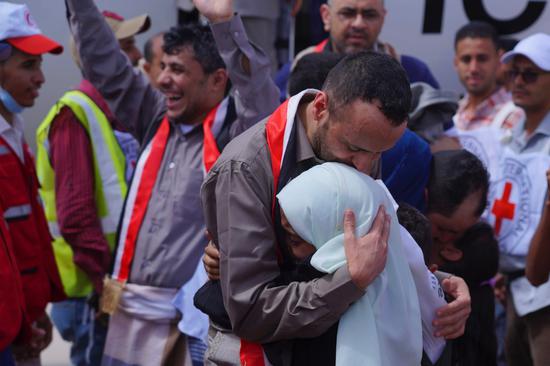
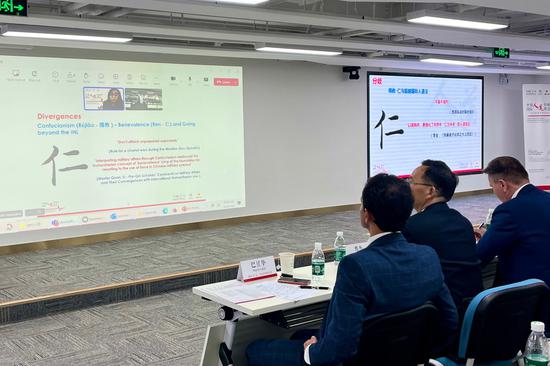
CNS:In China and many Asian countries, such ideas as the Confucian benevolence and forgiveness thought have far reaching influence. Are these ideas and traditions also be presented in the Geneva Conventions? Are they being applied in international humanitarian actions?
Kaushalya Karunasagara: The Geneva Conventions of 1949 were the result of deliberations between the world's States, and therefore draw on a broad spectrum of traditions of humanity. Of course, China was one of the first States to sign the Geneva Conventions.
But, centuries before the Geneva Conventions, Chinese traditions already prioritized humanity in war, with rules to protect civilians and civilian property, and emphasis on the importance of treating the sick and wounded, principles which now form the core of IHL, upon which the ICRC's mandate is based.
For an example, the teachings of Sun Zi in Art of War are famous around the world specially among military and political leaders. Interestingly, as a book related to military strategies, Art of War says, "the captured soldiers should be kindly treated and kept". This corresponds with the Third Geneva Convention on "Treatment of Prisoners of War". It says that prisoners of war must be treated humanely in all circumstances. They must be allowed communication with their families as well. Also, Sun Zi says, after taking the power of enemy countries, combatants should not destroy that country. This closely reflects the obligation in IHL to protect specific objects and cultural property.
At a moment in which we see IHL under intense pressure in various hotspots around the globe, Chinese traditions make clear – just like IHL – that even wars must have limits.
CNS: What is the practical significance of international humanitarian work drawing inspiration from Eastern cultures?
Kaushalya Karunasagara: The ICRC strives constantly to reinforce respect for, and compliance with, IHL, and it is the obligation of all States to promote IHL. When armed conflict does occur, compliance with IHL can also make the path to peace incrementally easier.
The ICRC's engagement on cultural traditions aims to act as a reminder of the strictly humanitarian objectives of IHL, through emphasizing its roots in these various traditions.
In our experience, religions philosophical and culture traditions play a big role in shaping anyone's values, ethics, and beliefs whether directly or indirectly. When we explore together those traditional ideologies, and their convergences with IHL, people can more easily begin to see IHL as a reflection of their own value systems as well.
The point is, we can guide them gradually to understand that IHL is not an "alien set of rules", but a part of our cultural and traditional values since a long time.
Edited by Wang Zonghan
2025.1.14








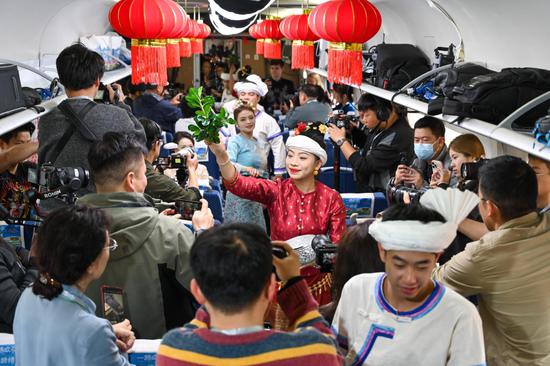

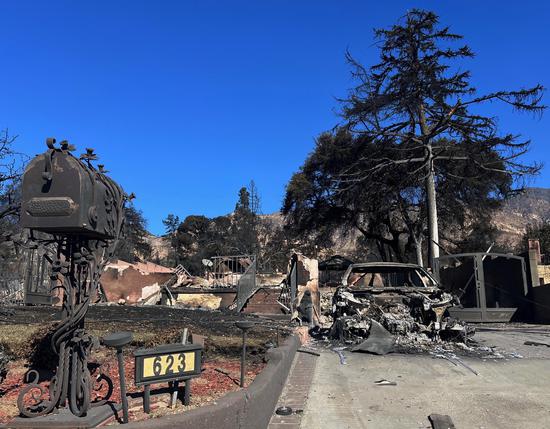
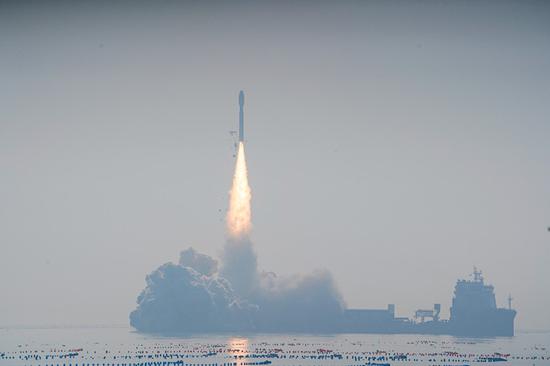
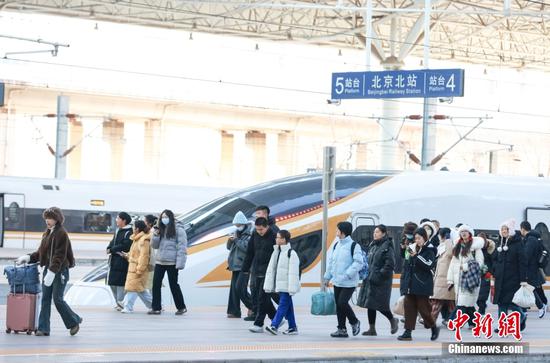


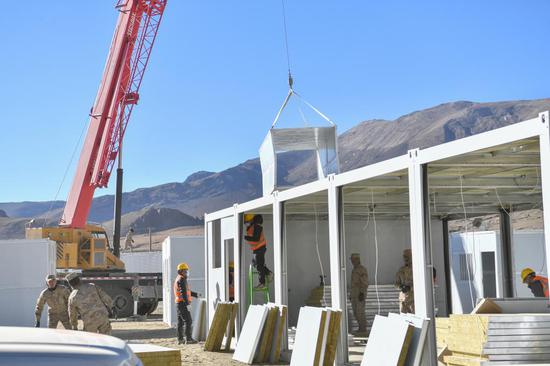
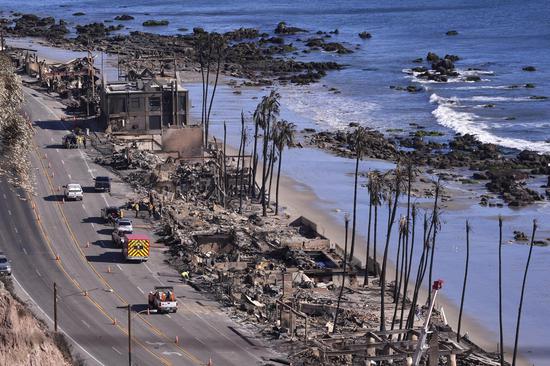
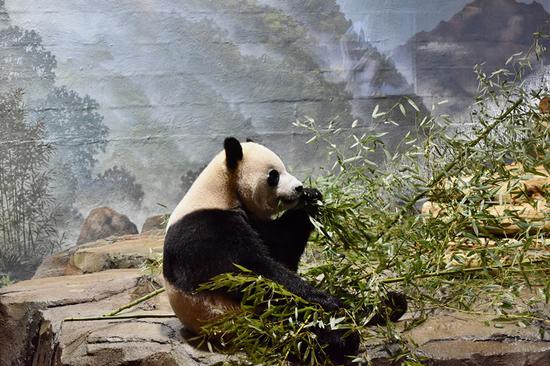



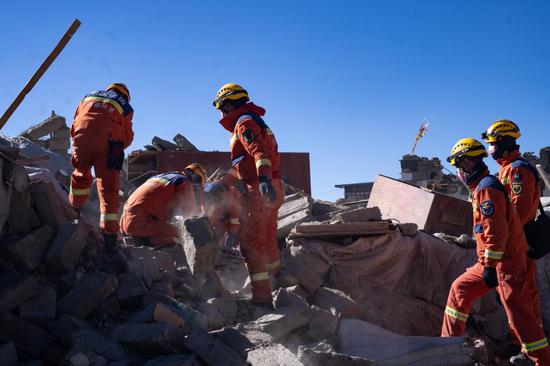


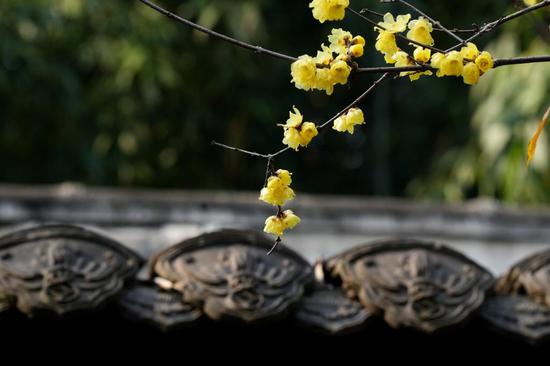

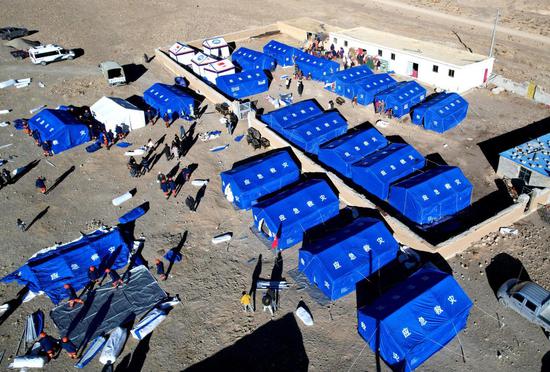

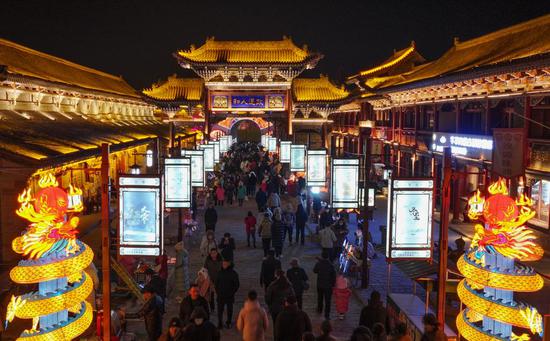

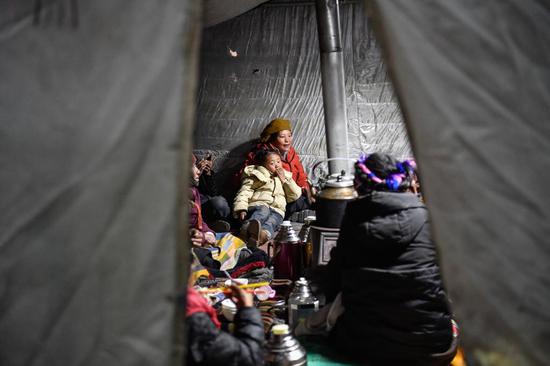
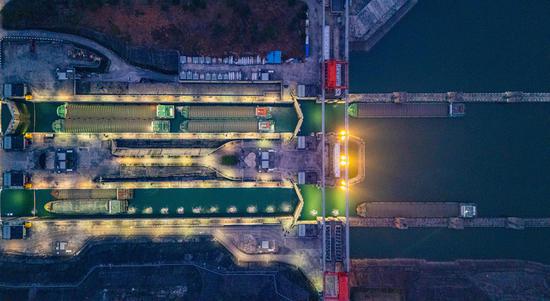

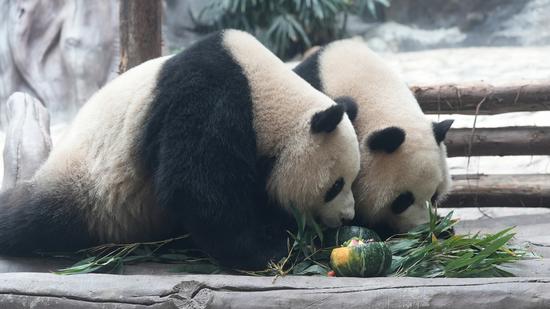


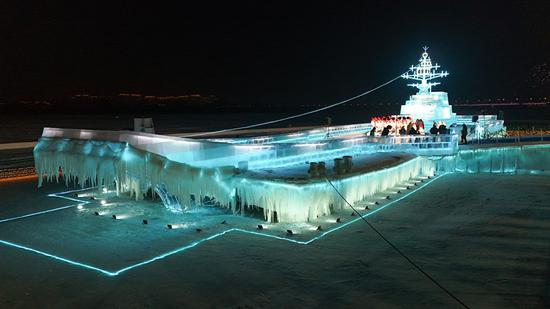



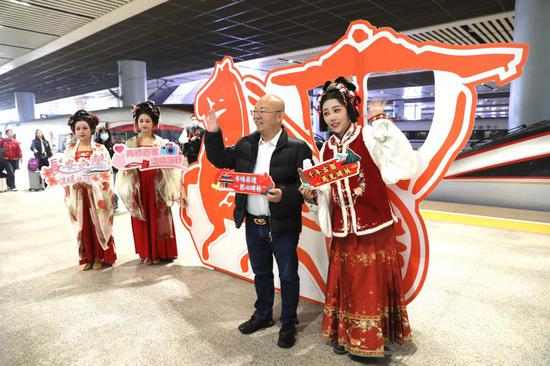
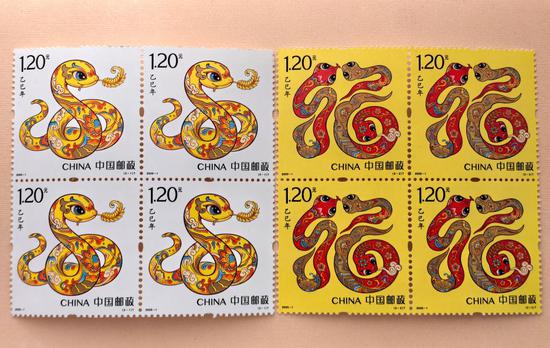


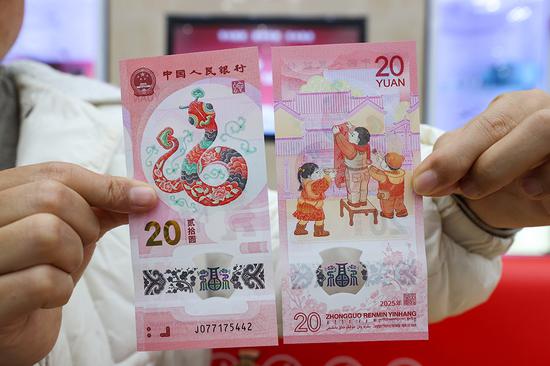

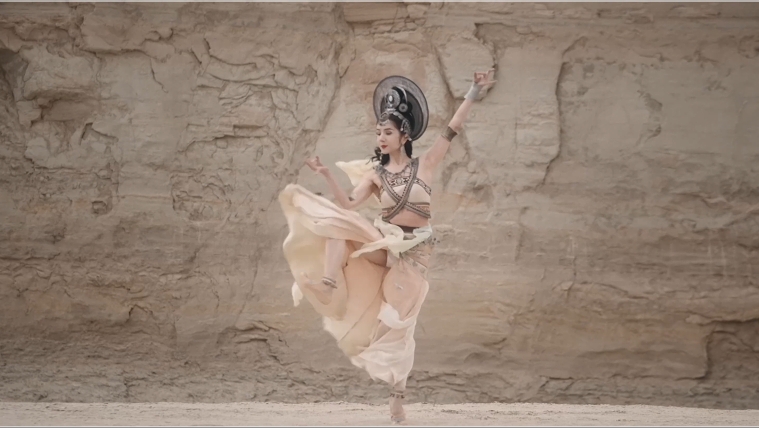



 京公网安备 11010202009201号
京公网安备 11010202009201号